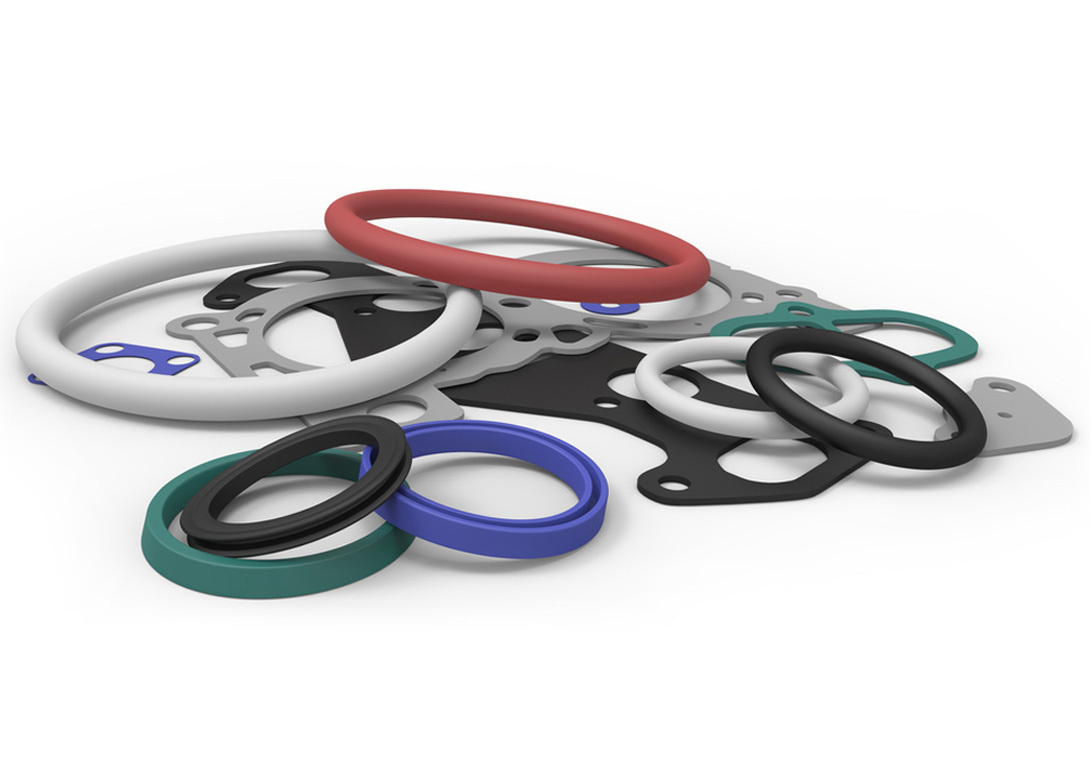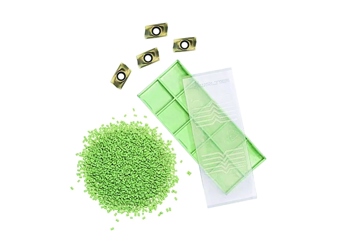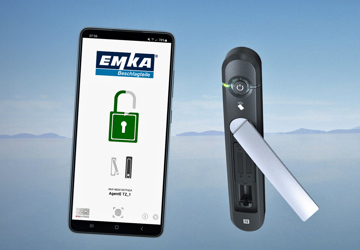

When ensuring an airtight and watertight fit, rubber seals often prevent unwanted leakage in components ranging from pumps and valves to pipe fittings and vacuum seals. Achieving an impervious connection means carefully selecting the right seal according to the application and, in some cases, designing a custom part. Here Dean Oliviero, managing director of EAP Seals, which recently became part of AFC Industries company TFC, explores some important considerations when designing a custom seal.
In many cases, manufacturers can opt for a standard, off-the-shelf seal. As well as being readily available, these products are certified to ISO 3601 standards and come with relatively low lead times and upfront costs because custom tooling is not required.
However, exceptionally demanding or aggressive environments may require a bespoke option built from specialist materials that can withstand increased demands on temperature stability, chemical resistance or other factors. In these cases, manufacturers may need to commission or design a custom seal, selecting an appropriate material, surface finish and geometry for the requirements of the final application.
High temperature resistance
When exposed to environments close to or beyond the recommended operating temperature, rubber seals and O-Rings can degrade and risk becoming non-functional. Excessive heat can lead to both swelling and hardening of the material, resulting in permanent deformation. Meanwhile, extreme cold temperatures can result in elastomer seals becoming harder and more brittle.
Many standard materials offer wide temperature ranges. For example, Nitrile rubber (NBR) can operate in environments ranging from -40°C to +108°C, and is resistant to oil, gas and petroleum-based hydraulic fluids. However, AFLAS® is more widely used in the oil & gas market because of its ability to withstand temperatures of up to +250°C.
Another material with a wide temperature range is Viton® (FKM/PPM), a fluoropolymer elastomer and hydrocarbon rubber with a working temperature range of -20°C and +205°C depending on the grade. It can be considered for a wide range of applications in aerospace and automotive due to its chemical and temperature resistance.
Chemical resistance
According to the UK Government, occupational exposure to hydrogen sulphide (H2S) is a significant risk for those working in oil, gas and petrochemical facilities. As well as the damaging impact on human health, these chemicals can cause the deterioration of engineered components.
When exposed to H2S, non-resistant elastomers become hard and brittle, losing their elastic properties and ability to seal effectively. Meanwhile, in wastewater treatment plants, H2S and methane are both present, and methane can cause rubber to soften, swell, crack and become brittle.
Once again, AFLAS® is a strong contender for these facilities because of its high resistance to acids, amines/bases and steam. Another option is seals made from perfluoroelastomer (FFKM/FFPM), as this material can resist chemicals including concentrated nitric acid, sodium hydroxide, ethylene diamine and steam.
Other considerations
In water filtration systems, for instance, seals must be water resistant to avoid degradation due to oxidation. Usually, we’d recommend using EPDM rubber because, as a synthetic rubber comprised of ethylene, propylene and diene, it boasts excellent waterproofing properties.
Meanwhile, if the seal will be exposed to external pressure and regularly stretched, a material with good tensile strength is required. Polyurethane materials would offer a better solution than most rubber alternatives for these applications because of their superior tensile strength and ability to withstand abrasion and wear.
With certain high-end polymers, demand outstripping supply has meant that lead times could still be up to a year. However, by working with an experienced seal and O-Ring specialist, manufacturers can access comparable perfluoroelastomers with better lead times and at a reduced price.
With 60 years’ experience supplying and managing C-class and specialist components, TFC offers a wide range of O-Rings and Seals for applications ranging from oil & gas and automotive to food & beverage. It recently acquired Manchester-based EAP Seals, which means customers can now benefit from a seamless experience when ordering seals, springs, retaining rings or when streamlining their supply chain with TFC Vendor Managed Inventory (VMI).

Becca is the latest member to join our team and is eager to get stuck into the world of fasteners. She brings an enthusiastic and fresh outlook on what we do editorially and will be leading our social media activity – including sourcing material, editing articles and posting online.





